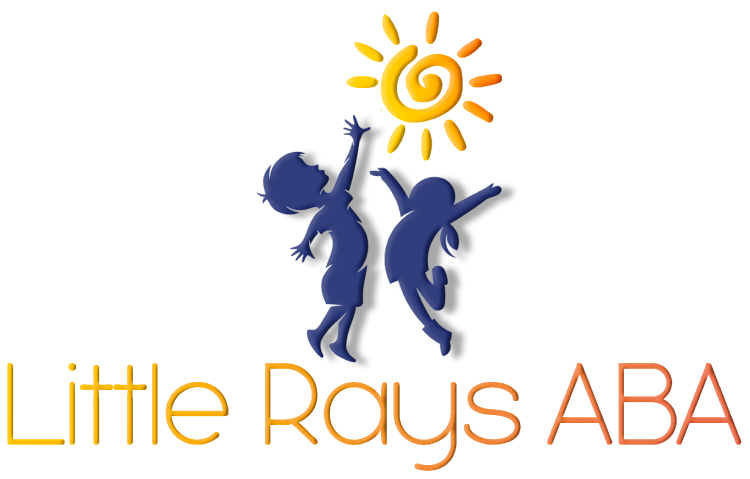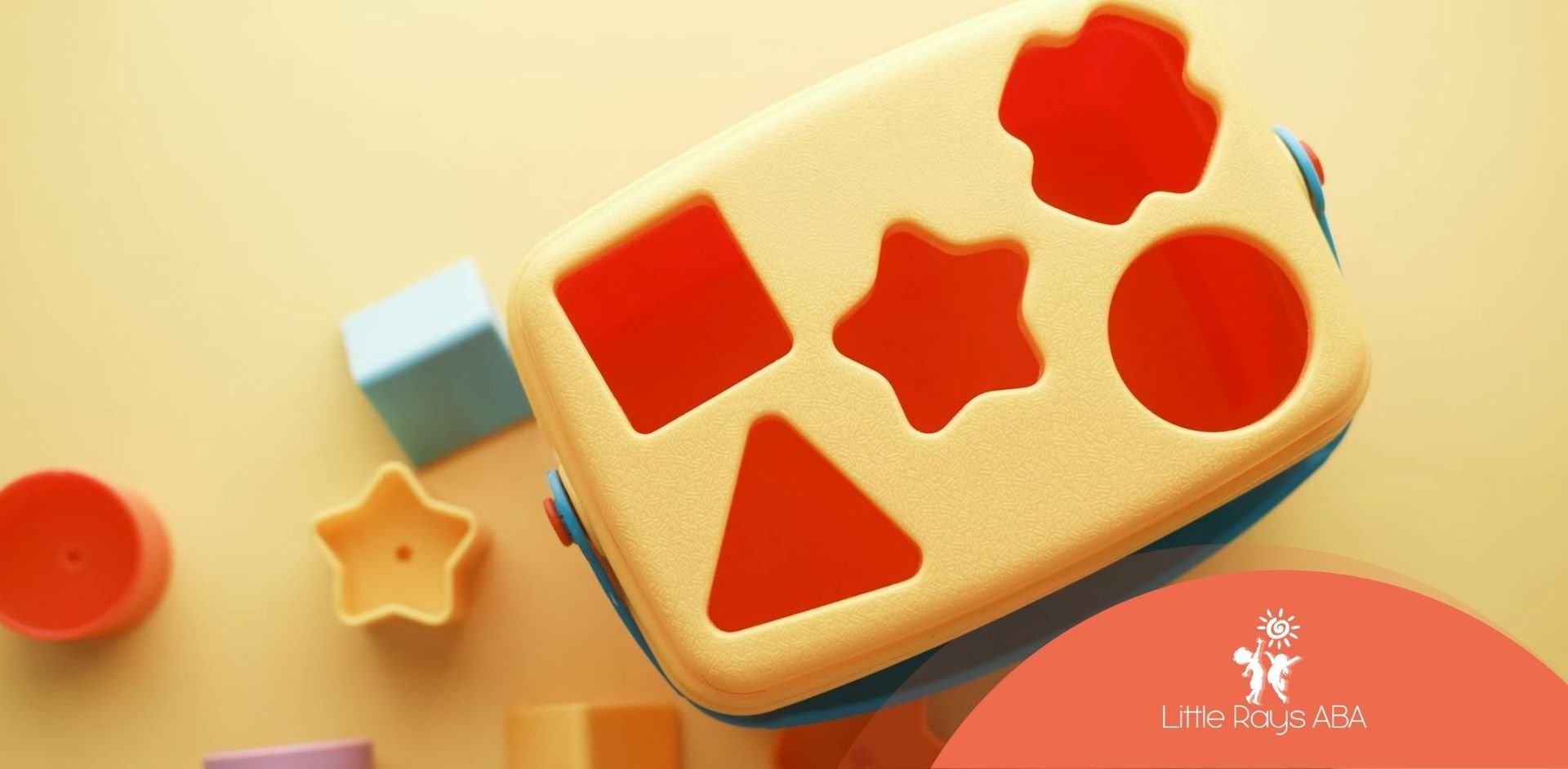Albert Einstein is widely regarded as one of the greatest scientific minds in history. His groundbreaking theories revolutionized our understanding of physics and the universe. However, in recent years, many have speculated that Einstein may have been on the autism spectrum. Could one of the most brilliant thinkers of all time have had autism? This blog explores the evidence, expert opinions, and what we can learn from Einstein’s traits.
Understanding Autism Spectrum Disorder
Before examining Einstein’s possible autism diagnosis, it’s important to understand what autism spectrum disorder (ASD) is. Autism is a developmental condition that affects communication, social interactions, and behavior. It is called a “spectrum” because individuals experience it in different ways, with some needing significant support and others living highly independent lives.
Common characteristics of autism include:
- Delayed or unusual speech development
- Strong focus on specific interests
- Challenges with social interactions
- Exceptional memory and problem-solving abilities
- Sensory sensitivities
- Preference for routine and predictability
Since autism was not formally recognized as a diagnosis until the mid-20th century, historical figures like Einstein were never assessed. However, looking at his documented behaviors, some researchers suggest he may have displayed autistic traits.
Einstein’s Childhood and Delayed Speech
One of the most commonly cited arguments for Einstein being autistic is his speech delay. According to historical accounts, Einstein did not speak full sentences until he was around five years old. His parents were reportedly concerned about his development, and he was even nicknamed “the dopey one” by family members.
This phenomenon, sometimes called the “Einstein Syndrome,” refers to children with late speech development who later show exceptional intellectual abilities. While late speech development is not exclusive to autism, it is a common trait among autistic individuals.
Additionally, some accounts suggest that Einstein would repeat sentences to himself multiple times—a behavior similar to echolalia, which is often observed in autistic individuals.
Einstein’s Social Challenges
Many people on the autism spectrum struggle with social interactions, and Einstein may have exhibited some of these challenges.
- Introversion: Einstein was known to be socially withdrawn, preferring to work alone rather than in groups.
- Difficulty Following Social Norms: He sometimes disregarded standard social conventions, wearing casual clothes to formal events and appearing indifferent to authority figures.
- Unusual Communication Style: Some accounts suggest he struggled with small talk and preferred deep, intellectual discussions.
While these traits alone do not confirm autism, they are commonly associated with the condition.
Einstein’s Intense Focus and Special Interests
One of the defining characteristics of autism is having an intense focus on specific interests. Einstein displayed this trait throughout his life.
- Fascination with Physics and Mathematics: From a young age, Einstein was deeply interested in solving complex problems. He reportedly spent hours working on mathematical equations, often losing track of time.
- Strong Work Ethic: He was known for his relentless curiosity and ability to hyper-focus on his research, often working late into the night.
- Struggles in Traditional Education: Many autistic individuals find traditional schooling challenging, especially when it does not align with their interests. Einstein disliked rote memorization and rigid school structures, preferring self-directed learning.
His ability to focus intensely on his passion for physics led to groundbreaking discoveries, including the theory of relativity.
Sensory Sensitivities and Routines
Many autistic individuals experience sensory sensitivities and prefer predictable routines. There is some evidence to suggest Einstein may have shared these traits.
- Dislike of Socks: He reportedly refused to wear socks, finding them uncomfortable.
- Preference for Predictability: Einstein had a highly structured daily routine. He ate the same meals frequently, took the same walking routes, and maintained a repetitive lifestyle.
- Disinterest in Social Hierarchies: He often ignored societal expectations, dressing in a way that prioritized comfort over formality.
These behaviors align with common sensory and routine-related tendencies in autism.
Expert Opinions on Einstein’s Possible Autism
While many speculate that Einstein was autistic, there is no definitive proof. Several experts and researchers have weighed in on the topic.
Simon Baron-Cohen, a leading autism researcher, has suggested that Einstein likely had autism based on his traits. He has studied patterns of behavior in historical figures and found many similarities to those with autism. Oliver Sacks, a neurologist, also noted Einstein’s social difficulties and intense focus, which could be seen as autistic traits.
However, some researchers argue that without direct assessment, diagnosing historical figures is speculative. Many of Einstein’s behaviors could be attributed to personality traits rather than autism.
The Importance of Retrospective Diagnosing
While diagnosing historical figures with autism is speculative, it can help society better understand neurodiversity. By recognizing that great minds like Einstein may have been on the autism spectrum, we can challenge misconceptions about autism and intelligence.
Some key takeaways include:
- Autism and Genius Can Coexist: Being on the autism spectrum does not prevent someone from achieving greatness. In fact, many autistic individuals have unique strengths that contribute to their success.
- Encouraging Individual Learning Styles: Einstein’s struggles in traditional education highlight the importance of adapting teaching methods to fit different learning styles.
- Challenging Stereotypes: Autism is often misunderstood. Exploring the possibility that Einstein was autistic can help promote acceptance and appreciation for neurodiversity.
Supporting Individuals on the Autism Spectrum
Regardless of whether Einstein was autistic, his story serves as a reminder that every person has unique strengths. Today, individuals with autism can thrive with the right support, therapy, and understanding.
Applied Behavior Analysis (ABA) therapy is one of the most effective methods for helping individuals with autism develop communication, social, and daily living skills.
At Little Rays ABA, we are dedicated to providing compassionate, individualized care to help children with autism reach their full potential. If you’d like to learn more about our services, contact us today!
Frequently Asked Questions
Was Albert Einstein ever diagnosed with autism?
No, Albert Einstein was never officially diagnosed with autism. The condition was not recognized during his lifetime, so any speculation about his autism is based on historical records and expert analysis.
What is “Einstein Syndrome”?
Einstein Syndrome is a term used to describe children who experience speech delays but later show high intellectual abilities. While some of these children may be autistic, others may simply have a different developmental timeline.
Can autistic individuals be highly intelligent?
Yes, autistic individuals can have a wide range of intelligence levels. Some have exceptional talents in areas like mathematics, music, and science, much like Einstein. However, intelligence varies from person to person, just as it does in the general population.
Sources:
- https://www.healthline.com/health/einstein-syndrome
- https://www.autismparentingmagazine.com/autism-and-introversion/
- http://www.connectncareaba.com
- https://www.autismspeaks.org/sensory-issues
- https://autism.org/learning-styles-autism/
Unlock Your Child's Potential with Expert ABA Therapy!
At Little Rays ABA, we provide compassionate, evidence-based ABA therapy to help children with autism thrive. Our personalized approach fosters growth in communication, social skills, and independence.
Get In Touch With Us Today to Get Started With ABA Therapy!
Related Posts
MENU
GET IN TOUCH
7117 San Salvador Dr Boca Raton, FL 33433
3200 Collins Ave Miami Beach, FL 33140



